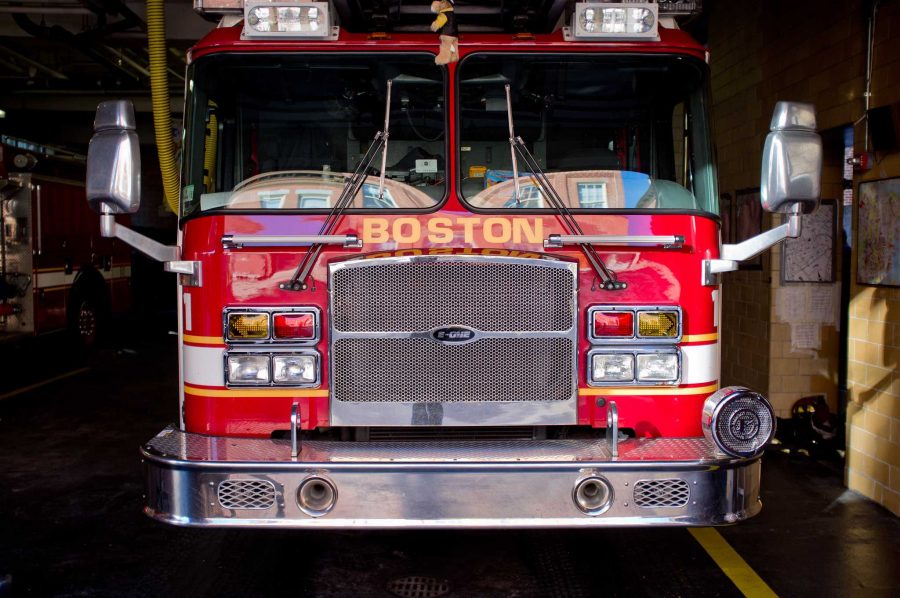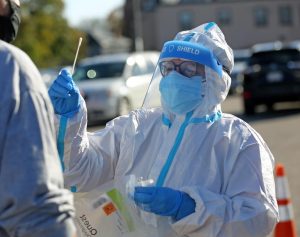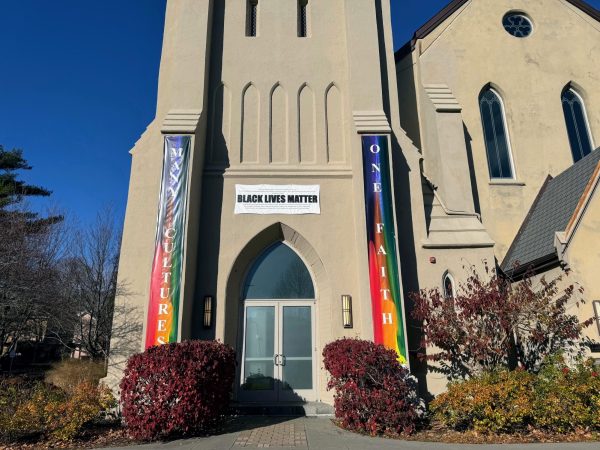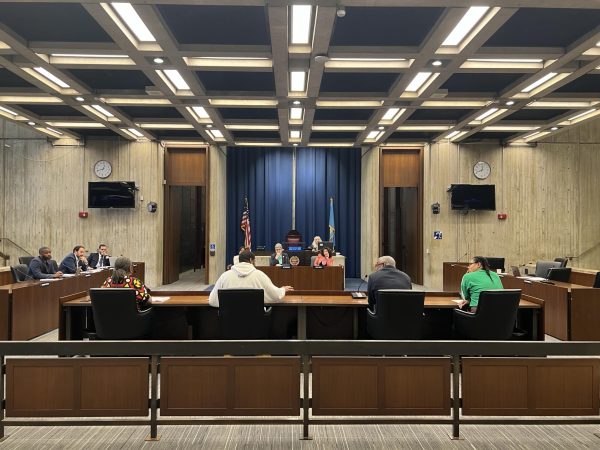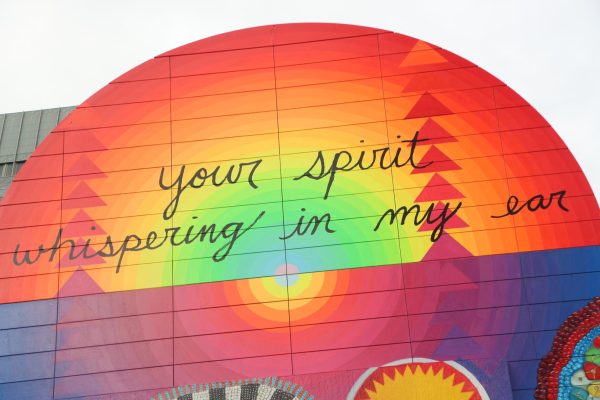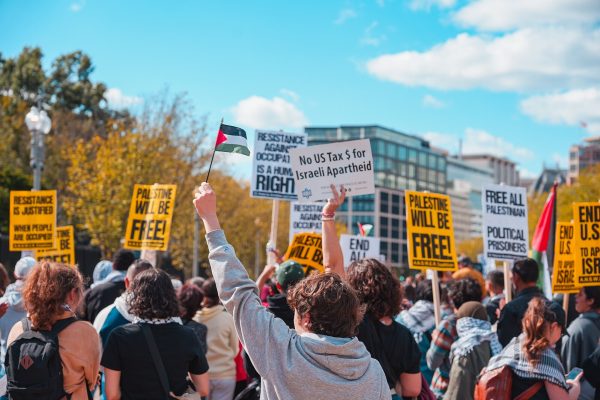Advocates, lawmakers discuss implementing Boston Fire Cadet program to diversify fire department
Following the recent passage of legislation to create a Boston Fire Cadet program, aimed to diversify the Boston Fire Department, lawmakers, advocates and a group representing Black and Latino firefighters met on Monday to discuss measures to implement the program in the city. The session was held via Zoom by Lawyers for Civil Rights, a Boston based organization that provides legal assistance to people of color and immigrants.
The program allows any qualified resident of Boston between the ages of 18 to 25 to be appointed as fire cadet by the Boston Fire Chief. A cadet would then become a firefighter upon the completion of the two-year program and passing the civil service exam. While the state bill approved implementation of the program in Boston, critics said it provided no diversity requirements or transparency standards.
“The fire department is the whitest public safety agency in Boston, and that’s not new,” said Sophia Hall, a supervising attorney with Lawyers for Civil Rights. She added it is critical that details regarding the program be established early to encourage diversity in fire department cadet recruits.
The Boston Society of Vulcans, a nonprofit organization representing Black and Latino firefighters in the city, has been advocating for the implementation of this program for over a decade. The organization’s president, Darrell Higginbottom, said it has the resources necessary to recruit, retain, and mentor Black and brown youth within the cadet program. It is important, therefore, that members of their community be present at the table while city officials implement this cadet program, along with union members and fire departments, he said.
Higginbottom noted that the new cadet program lives outside the bounds of current civil service law, which is important because civil service law does not allow for the hiring of diverse candidates. Implementation of the Fire Cadet Program will allow fire departments to hire based on their preferences for language proficiencies and cadet status.
”This is not a victory lap,” said Higginbottom. “It’s a great victory, but the hard work continues with many more challenges ahead.”
Now that the bill regarding implementation of the Fire Cadet Program has been signed by Governor Baker, it’s up to Boston city officials to create guidelines for how the program will be run. According to Boston’s Fire Operations department, the Boston Fire Cadet Program intends to draw on successes of the Boston Police Cadet Program, which allows 18-25 year olds who have lived in Boston for five years or more to serve in paid positions on the police force for two years.
The Fire Cadet Program has yet to establish similar residency guidelines, but currently defines potential cadets using the same age range. This Police Cadet Program saw resistance from veteran officers on the force, said city councilor Andrea Campbell, so the Fire Cadet Program needs to focus on diversity in the cadet class and building trust with the community by allowing the fire force to reflect the community they serve.
State Rep. Chynah Tyler said that it’s critical for the city to create pipelines to close the huge income inequality gap in Boston. Tyler, who represents the Seventh Suffolk district of Boston, filed the bill on Beacon Hill in support of implementing the Fire Cadet Program.
“This program has an incredible, tremendous opportunity to not only change the numbers within our fire dept which is the least diverse of all of our cities public safety agencies, but to create economic opportunity for folks who desperately need it,” Campbell said.
The Fire Cadet Program was a part of councilor Campbell’s recommendations to improve racial, ethnic, linguistic, and gender diversity in public safety agencies two years ago. The program is a tool for greater diversity in the fire department, but the bill passed on Beacon Hill will only allow a maximum of one-third of each fire department class to be recruited directly from the Fire Cadet Program.
According to Rep. Tyler, there are currently no tools to measure whether diversity thresholds are being met in these programs, and there is a critical difference between benchmarks and mandates in these bills. Having this 33.3% benchmark for firefighter recruits is unacceptable, she said, and city officials must set a mandate to ensure this one-third maximum is met in every class.
“In terms of reporting requirements and transparency, that’s gonna be critically important,” said Campbell.
The Fire Cadet Program initiative will now return to city officials, who will set guidelines for implementation.

